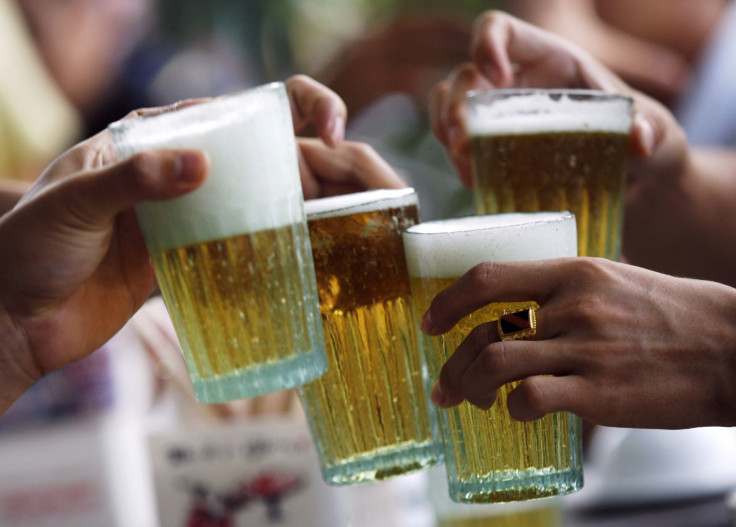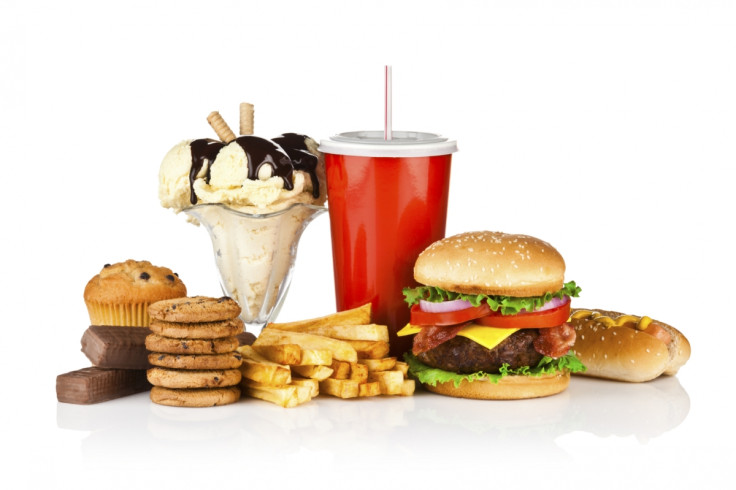Here's why you want that kebab after a night at the pub
Drinking alcohol makes people hungry because of what it does to neurons associated with hunger.

Consuming alcohol may activate important components of the brain's feeding circuits. This could explain why people usually feel like they are starving after a night of drinking.
Alcohol intake has long been associated with overeating and is correlated with weight gain. This has caused important concerns among doctors as the obesity crisis in the US and Europe shows no signs of abating.
However, the reason why alcohol triggers hunger remains unclear. The phenomenon even appears paradoxical to scientists because the ethanol molecule that makes up alcohol is a calorie-dense nutrient.
Rather than making people feel hungry, this calorie-intake should in theory suppress brain appetite signals, but this is not the case.
Popular explanations for alcohol-induced overeating suggest that it is due to the loss of self-control that comes with being drunk, but scientists also believe other, neurological factors may be to blame.
The study, now published in Nature Communications, investigates this question in a mouse model, showing what alcohol intake does to specific brain circuits responsible for hunger.
Food and ethanol in mice
The scientists from the Francis Crick Institute in London worked with mice, studying the effects of ethanol on their food intake. They simulated a weekend of drinking by giving the animals ethanol for three days before, and providing them with a saline solution for three days before and after this "binge-drinking" episode.
The team observed that the food intake increased significantly during the ethanol-drinking days, with the magnitude of this increase being similar in both male and female mice.
This suggests that overeating as a result of binge-drinking is a biological phenomenon occurring across mammals. It means that mice are a valuable model to research the link between alcohol and food intake.

The scientists studied the Agrp neurons in the mice's brains, which are normally activated by starvation and which trigger hunger. They found that these Agrp neurons displayed electrical and biochemical hyperactivity when the animals were exposed to ethanol.
The researchers also showed that silencing the activity of these neurons also reduced alcohol-induced overeating. When they were inactivated, alcohol no longer modulated food intake.
"We propose that the alcohol-associated activity of Agrp neurons — mediated either by direct alcohol actions described here, or via a still-unknown upstream element — is the critical step in alcohol-induced overeating", they explain.
Now you know why that big kebab after a night at the pub sounds so appealing, even after downing pints of high-calorie beer.
© Copyright IBTimes 2025. All rights reserved.






















